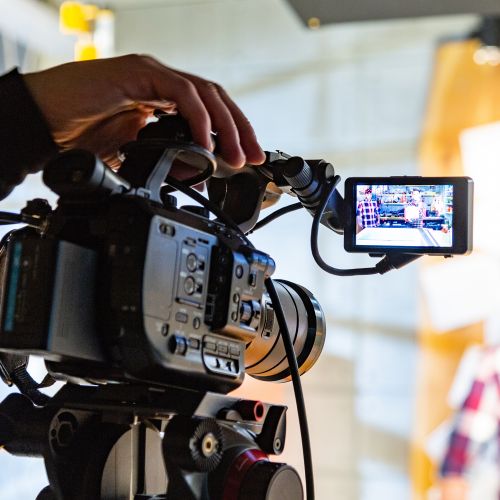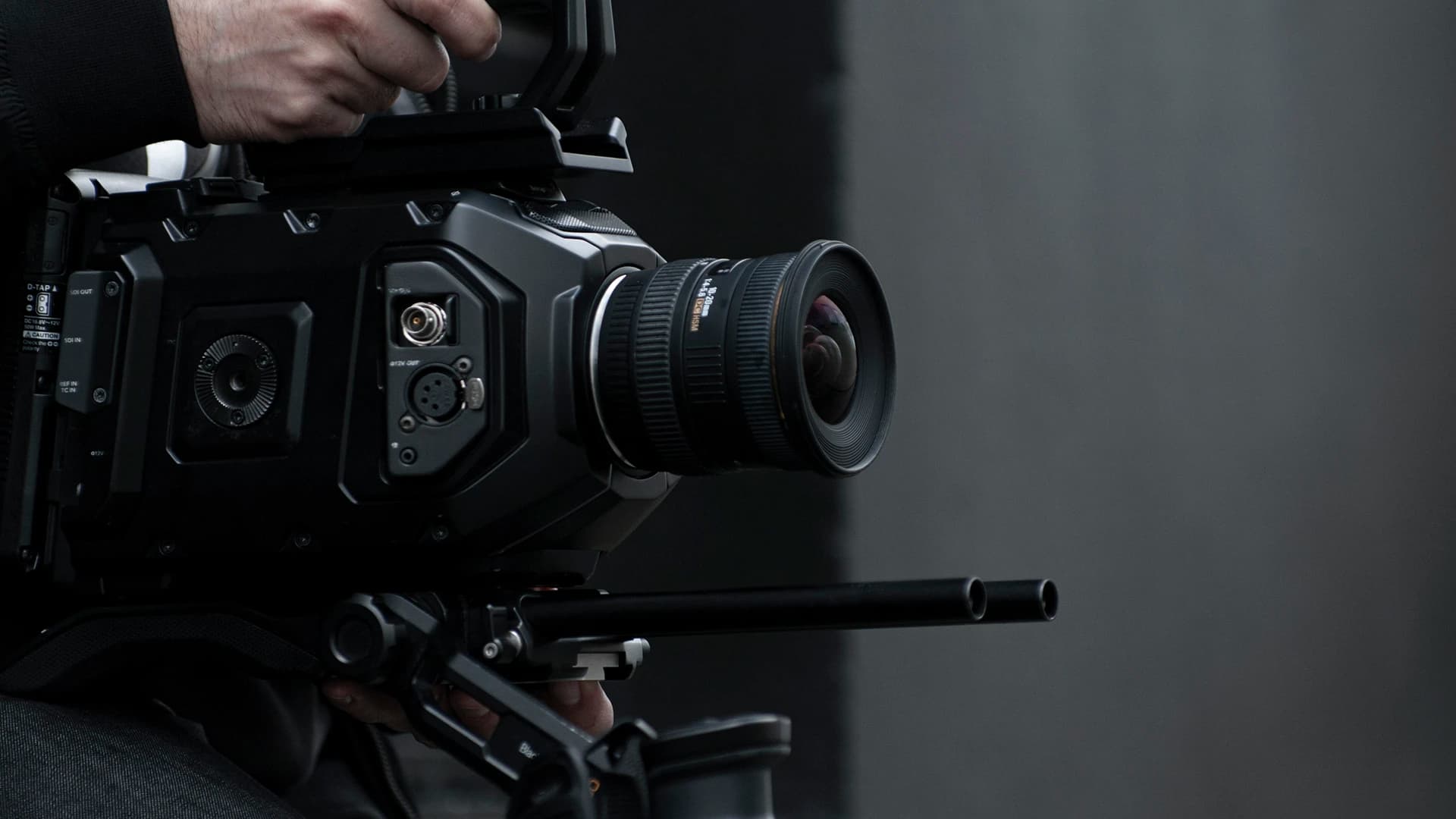Trusted Legal Videography for Capturing Accurate Evidence.
Trusted Legal Videography for Capturing Accurate Evidence.
Blog Article
The Function of Legal Videography in Depositions and Trials
Legal videography has arised as a vital tool in both depositions and trials, providing a diverse technique to documenting witness testimonies. By recording not only the spoken word yet additionally the nuances of non-verbal interaction, this medium improves the reputation of testimonies and maintains important evidence for future proceedings. As attorneys significantly acknowledge its value, it prompts a deeper exam of just how these aesthetic records can affect juror perceptions and trial end results. What implications might these developments hold for the future of legal technique?
Relevance of Legal Videography
Legal videography plays an essential duty in the paperwork and discussion of depositions and trials. This specialized field incorporates technological abilities with lawful understanding to create a trustworthy record of procedures that can significantly affect instance outcomes. The visual aspect of legal videography boosts the understanding of witness statement, allowing jurors and judges to observe not only the talked words however also the demeanor, feelings, and body movement of the witnesses.

The importance of legal videography prolongs past the court; it additionally plays an essential role in preserving evidence for future recommendation, whether for charms or additional lawsuit. Its integration into the lawful process is important for guaranteeing a reasonable and precise representation of the truths, ultimately contributing to the pursuit of justice.

Process of Legal Videography
While recording the subtleties of depositions and trials, the process of lawful videography involves a number of important steps that make certain high-quality, precise recordings. A specialist legal videographer prepares by examining the instance materials and recognizing the particular demands of the deposition or test. This preparation includes familiarizing themselves with the individuals and the context, which assists in catching relevant information.
On the day of the recording, the videographer sets up the necessary tools, which usually includes high-definition video cameras, microphones, and proper lighting. Guaranteeing optimum angles and sound high quality is vital, as it directly influences the efficiency of the recording. The videographer interacts with attorneys and individuals to establish methods, making sure that everyone recognizes the recording process.
During the deposition or trial, the videographer carefully videotapes the procedures, paying close interest to both spoken and non-verbal signs. legal videography. This includes capturing the temperament and responses of witnesses and attorneys. After the session concludes, the videographer may modify the video for clearness and conformity with lawful standards, generating an end product that properly reflects the proceedings for future reference and use in legal contexts
Advantages in Depositions
The incorporation of videography in depositions offers numerous benefits that boost the total procedure of gathering evidence. One key advantage is the capacity to capture witness testaments with visual and auditory integrity, supplying an extra accurate representation of the witness's behavior, tone, and body movement. This multidimensional strategy allows attorneys and courts to examine trustworthiness extra efficiently than conventional written records alone.
Furthermore, videographed depositions work as a powerful device for preserving testimony. Needs to a witness come to be unavailable for trial, their taped deposition can be played in court, guaranteeing that their evidence stays obtainable and appropriate. This element considerably reduces the threat of shedding important info that can impact situation end results.
Moreover, the use of lawful videography advertises better prep work for attorneys. Examining video footage allows lawful teams to evaluate and refine their approaches, identifying toughness and weaknesses in their instances. This primary advantage can lead to more compelling presentations in court.
Last but not least, videography boosts the general professionalism and trust of the click here to read deposition procedure, instilling confidence in clients relating to the thoroughness of their legal depiction. By leveraging technology, lawyers can dramatically boost the efficiency of depositions.
Effect On Tests
In many trials, the assimilation of videography can dramatically influence the discussion of evidence and the court's perception. Legal videography captures witness statements and vital proof in a vibrant style, permitting jurors to engage with the material on multiple degrees. This aesthetic element boosts the storytelling aspect of a trial, providing context and emotional vibration that standard text-based evidence might do not have.
In addition, video clip recordings can serve as effective tools for impeachment throughout interrogation. When disparities arise between a witness's previous statements and their court room testament, video clip evidence offers an objective referral that can persuade jurors' opinions. This immediacy and clearness can bolster the integrity of a party's narrative while at the same time weakening opposing disagreements.
Additionally, using videography can assist simplify complex info, making it much more easily accessible to jurors who might have a hard time to understand detailed information provided exclusively via spoken testament. By integrating visuals with auditory info, legal videography can boost retention and understanding, ultimately affecting the jury's decision-making process. The influence of videography in tests extends past plain looks; it plays a vital role in forming the lawful landscape and end results.
Future Trends in Legal Videography
As we look towards the future of lawful videography, numerous arising patterns guarantee to reshape its duty within the court. Learn More Here One substantial trend is the assimilation of artificial intelligence (AI) in video analysis and editing - legal videography. AI can streamline the process of determining crucial moments in recorded depositions, permitting attorneys to rapidly access appropriate material, therefore improving effectiveness in case preparation
Additionally, the increase of online fact (VIRTUAL REALITY) and increased fact (AR) modern technologies is anticipated to change how jurors experience proof. By immersing jurors in a simulated setting, these modern technologies can offer a more profound understanding of complex scenarios, read this leading to even more informed deliberations.

Additionally, the boosting demand for remote depositions, increased by the COVID-19 pandemic, will likely continue. Lawful videographers will require to adapt to brand-new software program and systems to make sure high-quality recordings in virtual setups.
Last but not least, the growing emphasis on data safety and security will demand more stringent methods for saving and sharing video proof. As the lawful landscape progresses, lawful videographers should remain abreast of these trends to maintain their significance and performance in the judicial procedure.

Conclusion
In summary, lawful videography offers an essential function in the judicial procedure, enhancing the stability of depositions and trials. As technology proceeds to evolve, legal videography is positioned to further transform its role within the lawful landscape.
Report this page